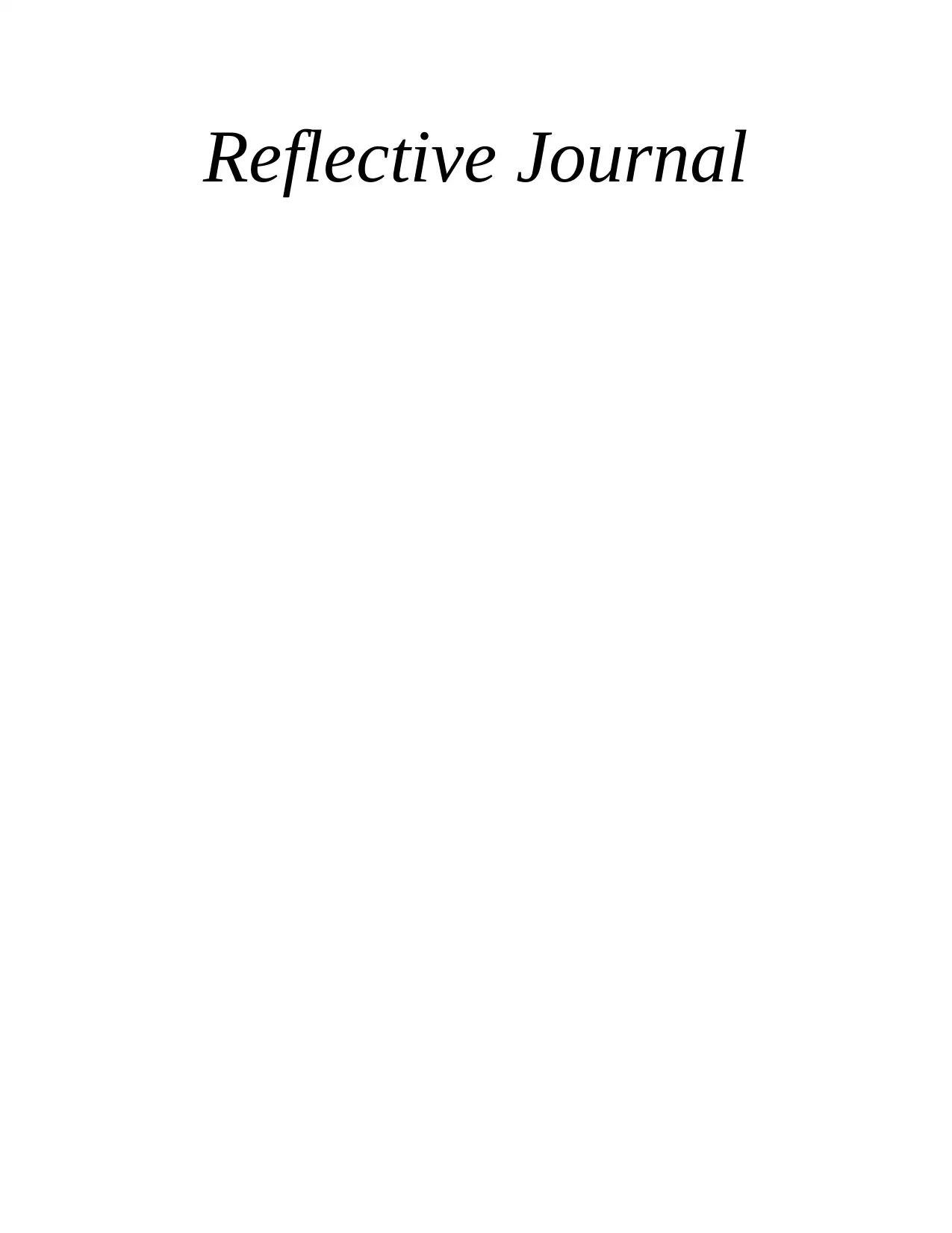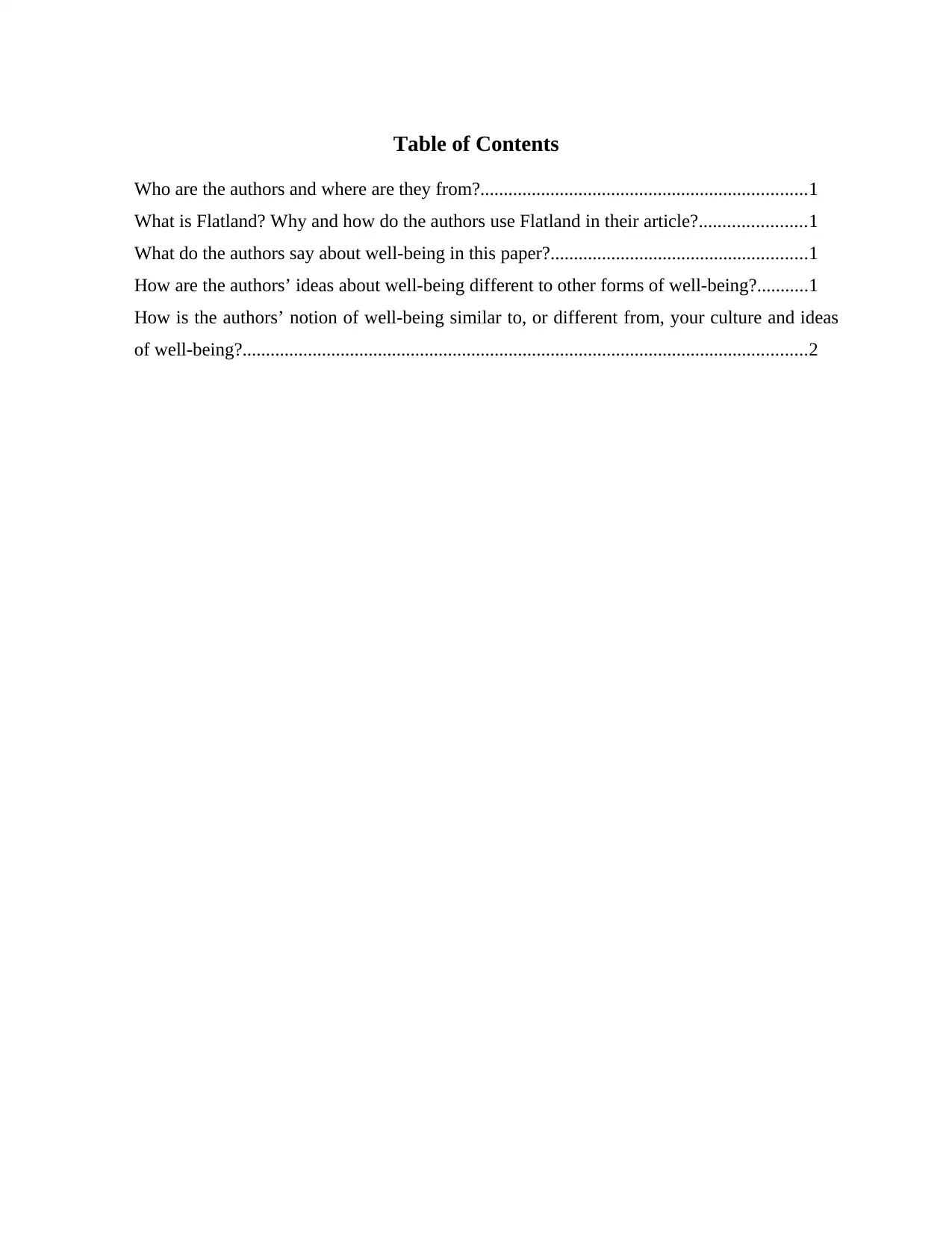Well-being and Maori Business: A Reflective Journal Analysis
VerifiedAdded on 2021/02/22
|4
|648
|92
Report
AI Summary
This report delves into the concept of well-being as discussed in a reflective journal, focusing on the context of Maori businesses. The analysis begins by identifying the authors and their affiliations, followed by an examination of the term 'Flatland' and its application within the journal. The core of the report explores the authors' definition of well-being, emphasizing its multi-dimensional nature and the importance of relational aspects and stakeholder considerations, contrasting it with other perspectives on well-being that prioritize individual or personal gains. The report also compares and contrasts the authors' views on well-being with the cultural perspectives of the student, highlighting differences and similarities. The Maori business model, as presented in the journal, emphasizes shared benefits and ethical considerations, which is a key aspect of the analysis.
1 out of 4











![[object Object]](/_next/static/media/star-bottom.7253800d.svg)